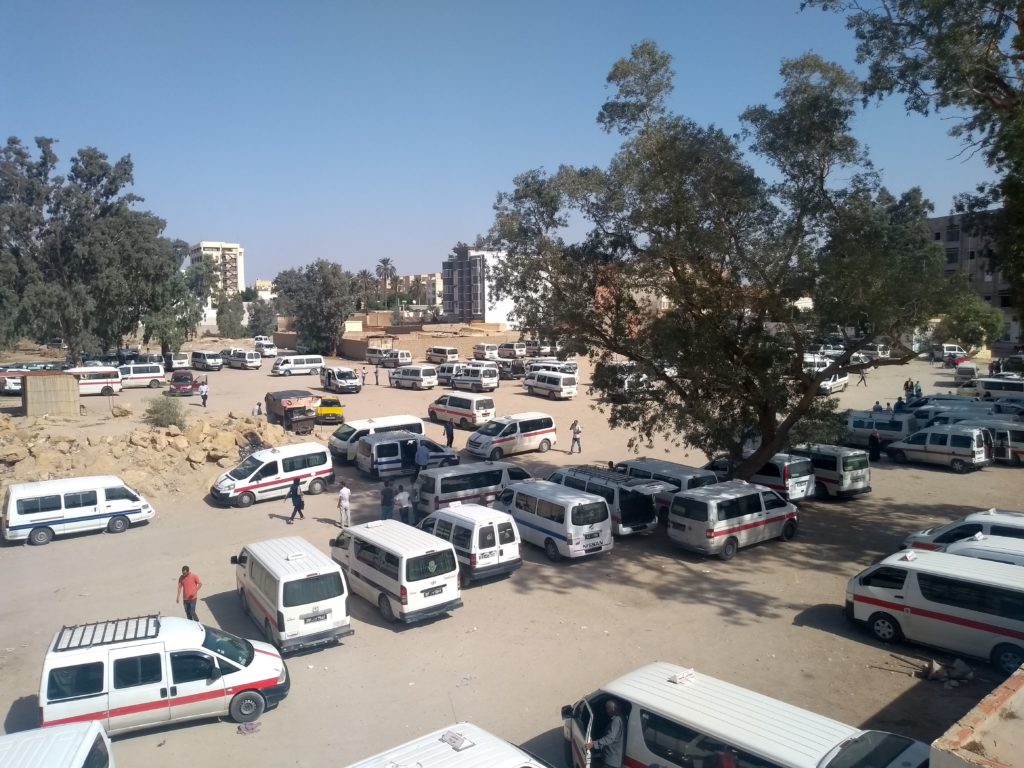With new energy, improved questionnaires and the researcher team’s reinforcement by a new associate, Franziska, the investigation continues: Aleksandra carries on with her work in the northern governorate of Beja while Ilona returns to Siliana, happy to see her friends – and Siliana’s cats – again. Moving on to the northwestern part of the country, Ilona afterwards proceeds her fieldwork in Jendouba. In the meanwhile, Franziska has already arrived to “her” governorate, El Kef, finding herself not just surrounded by an admirable area with a huge amount of cultural heritage but also by a number of friendly and open-minded locals, ready to help. Gladly enjoying this warm atmosphere and the people’s support, she works her way through the governorate.
However, the working conditions are not that easy for the researchers. Tunisia’s scorching sun means that locals rarely leave their homes throughout the day during summer months. Interviewees are hard to catch as they are usually found at home, enjoying a siesta in the shade. These circumstances demand late-night hours interviewing those who are available after their afternoon naps. Being flexible allowed us to adapt to the timing and availability of potential interview partners.
Nonetheless, the lack of infrastructure often restricted our eager plans. Many regions – rural areas and small towns – do not offer any public transportation after five o’clock. Sometimes there is even no connection before five! Our partial reliance on local guides had somewhat of an impact on our schedules, and meant that early mornings, coupled with evening ḥōš-assemblies*, were the general order of the day – taking every opportunity for Franziska and Aleksandra to catch valuable sleep. Ilona, for her part, acquired a taste for the local’s daily rhythm and happily adopted their siesta custom gaylūla.
All the more, we are very satisfied with our fieldtrip’s outcome: The work in the governorates Beja and Siliana is completed, the wide parts of the governorate El Kef covered and even first sites in Jendouba opened up. Moreover, though working separately in different governorates, our researcher team manages to meet up in the capital for a joint lunch, strong hugs and to compare their notes and as their trip draws to its close.
* ḥōš: depending on the Tunisian dialect variety, the word ḥōš, also pronounced ḥūš, can imply either the meaning “house” or – as in this case – “courtyard”, in which family members, neighbours and friends gather in summer nights. People tell stories and jokes and sometimes even sing songs during those late-night assemblies.


